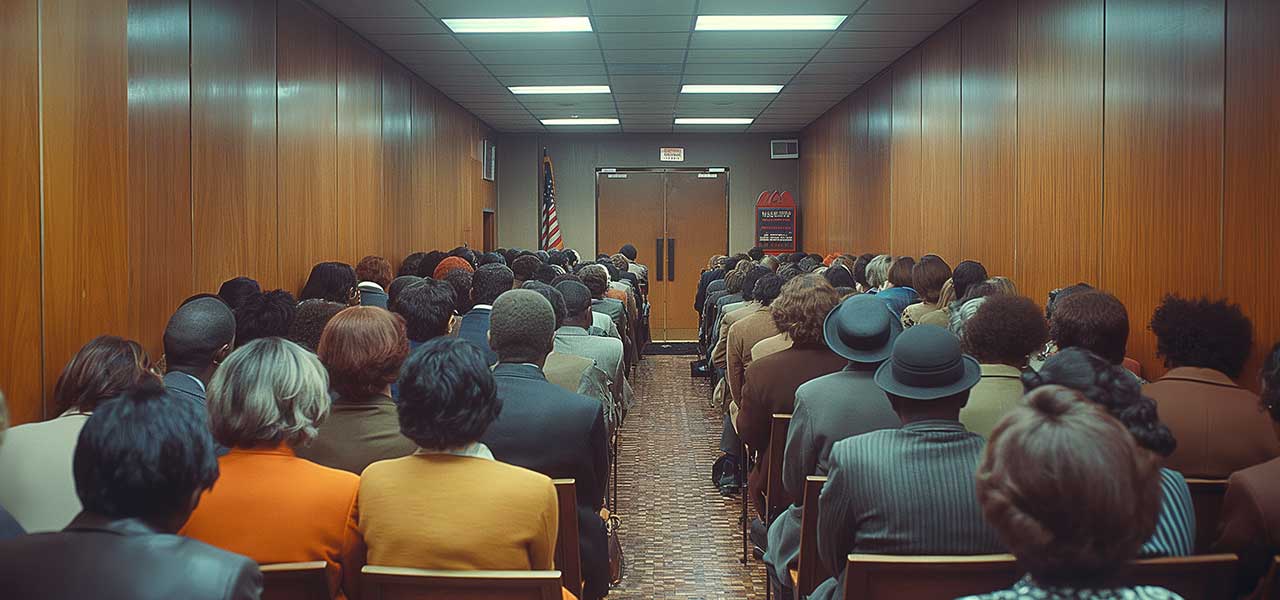Call the company. Get put on hold. Email the company. Receive an automated response. Repeat, repeat, repeat. When it is all said and done, time is wasted and nothing is accomplished. That was the experience with eBay and British Airways, two cases presented in the Fine Print Series. (see Should You Record Your Calls for Quality Assurance? and Who’s To Blame: eBay, PayPal or Hyatt?)
In both situations, the parties involved were not looking for a payday and were not money hungry. Instead, they just wanted to be made whole again. Unfortunately, pleading with customer service was not an effective strategy in either case. Against British Airways, I filed a complaint in small claims court for the value of the lost business class tickets. Against eBay, I, on behalf of my client, sent a letter stating my intent to seek arbitration.
Unlike TV courtroom dramas, the response from both companies was prompt and professional. Each launched an investigation and both, without admitting liability or wrongdoing, settled the cases for a fair amount. British Airways refunded the cash and points and gave me 20,000 Avios points for the inconvenience. eBay compensated my client the amount of the failed transaction.
Why do claims have to be escalated to this level before they are handled by a sympathetic human? The optimist will answer that companies are massive and imperfect. As such, mistakes happen but they are corrected when they receive the proper attention. The pessimist will argue that companies stand to make millions if not billions of dollars by short-changing consumers on nominal sums of money, knowing that consumers are unaware or overwhelmed by dispute resolution processes.
Whatever the reason, companies should be held accountable whether the claim is for cash, points, or a combination of the two.






